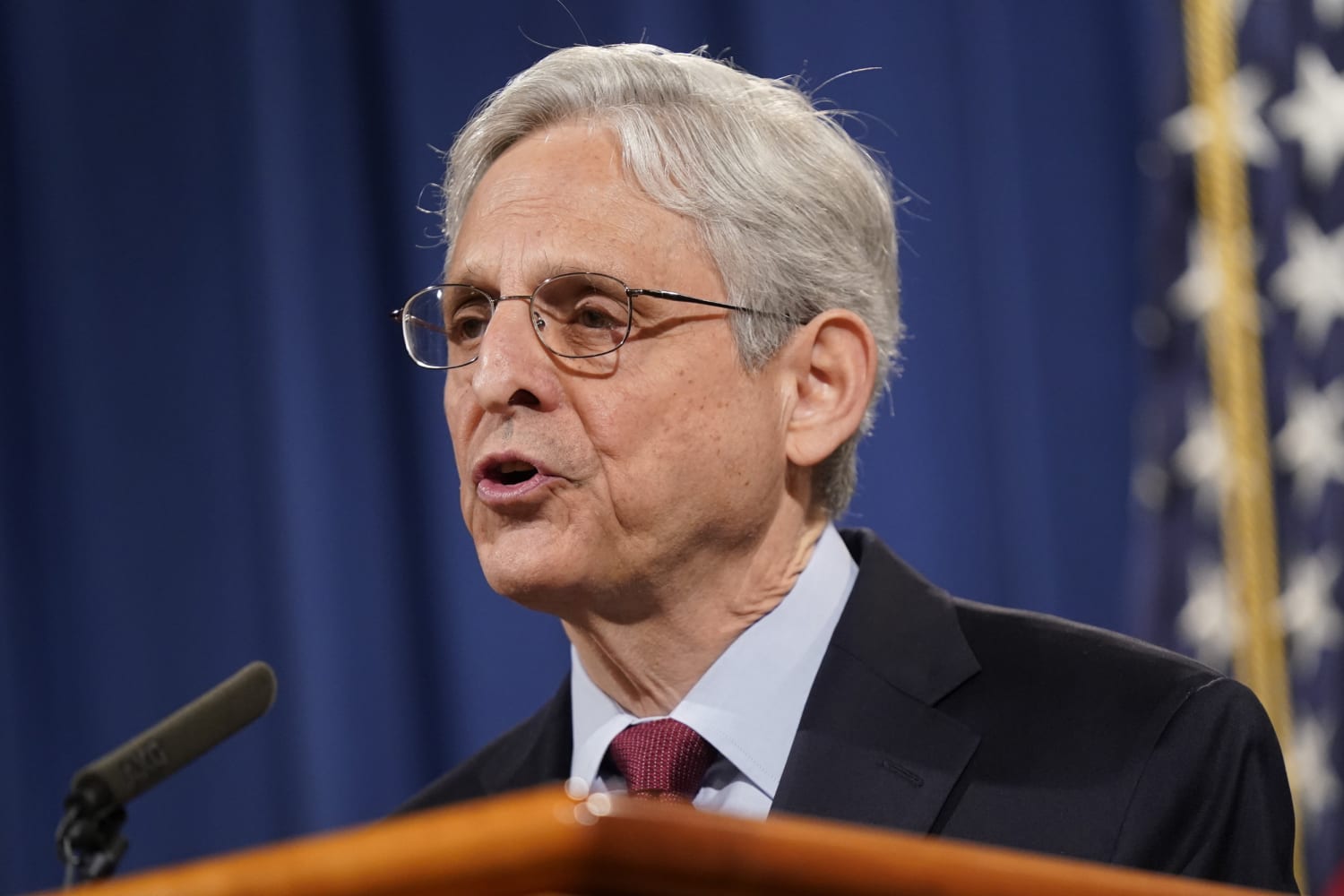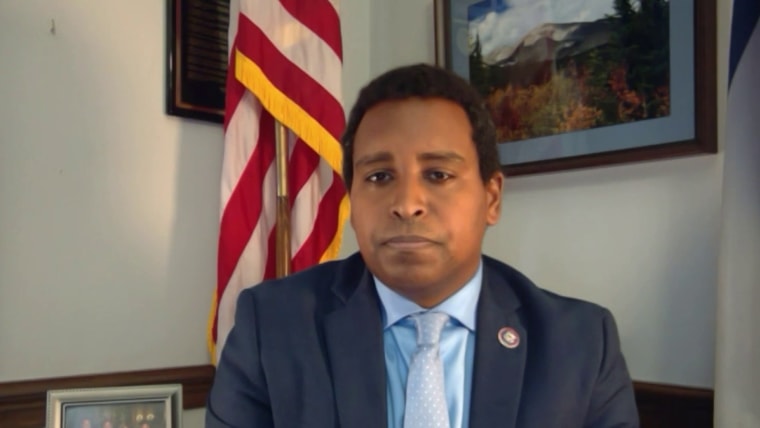WASHINGTON — The Justice Department on Monday issued new guidelines to limit the federal government’s ability to secretly obtain journalists’ communications, except in certain circumstances.
The White House first announced the policy would be changing to protect journalists on June 5, but had so far provided no specific details.
According to the new guidance, federal investigators are now prohibited from obtaining journalists’ records — including phone and electronic communications — or compel testimony unless the records fall outside of newsgathering activities, the journalist is the target of a criminal investigation, the journalist is determined to be an agent of a foreign power or member of a foreign terrorist organization, or when obtaining such material would prevent death or serious bodily harm.
The new memo also stated that the Justice Department still has the right to compel records or testimony from government employees who unlawfully leaked information to journalists.
Previously, journalists’ records could be handed over to the government by phone and technology companies without them knowing as long as they passed a “balancing test” that balanced the interest of a free press with national security. The passage or failure of that test was determined by the government, and was found to be flawed by Attorney General Merrick Garland’s Justice Department.
“A balancing test may fail to properly weight the important national interest in protecting journalists from compelled disclosure of information revealing their sources, sources they need to apprise the American people of the workings of their government,” the new memo issued Monday said.
The new guidelines follow recent revelations that the Justice Department secretly obtained records of journalists at CNN, the Washington Post and the New York Times in the last year of the Trump administration. The Justice Department’s Office of Inspector General is conducting an investigation into the seizure of those records.
“The attorney general has taken a necessary and momentous step to protect press freedom at a critical time. This historic new policy will ensure that journalists can do their job of informing the public without fear of federal government intrusion into their relationships with confidential sources,” said Bruce Brown, executive director of the Reporters Committee for Freedom of the Press.
Federal investigators have also sought the records of journalists under Democratic administrations. In 2013, Attorney General Eric Holder defended his department’s use of subpoena power to obtain the records of an Associated Press journalist in an investigation into media leaks.
The new guidelines will go into effect immediately while the department also begins a regulation process and supports legislation to make them more permanent.
Source: | This article originally belongs to Nbcnews.com












